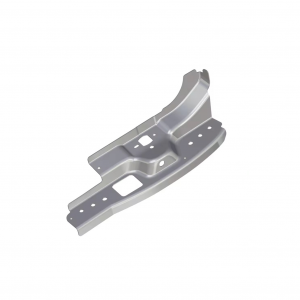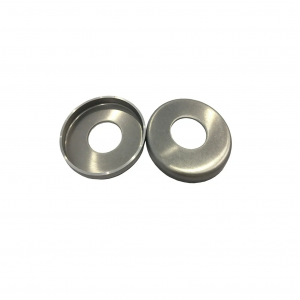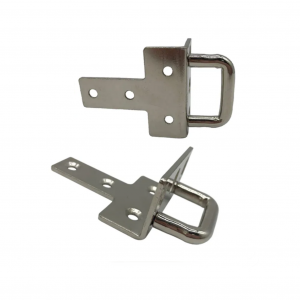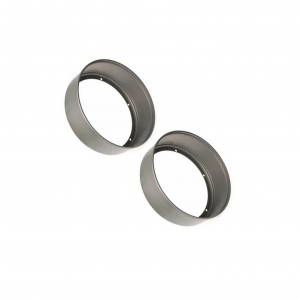Good Quality Custom Metal Bending Parts For Car Accessories
Description
| Product Type | customized product | |||||||||||
| One-Stop Service | Mold development and design-submit samples-batch production-inspection-surface treatment-packaging-delivery. | |||||||||||
| Process | stamping,bending,deep drawing,sheet metal fabrication,welding,laser cutting etc. | |||||||||||
| Materials | carbon steel,stainless steel,aluminum,copper,galvanized steel etc. | |||||||||||
| Dimensions | according to customer's drawings or samples. | |||||||||||
| Finish | Spray painting, electroplating, hot-dip galvanizing, powder coating, electrophoresis, anodizing, blackening, etc. | |||||||||||
| Application Area | Auto parts, agricultural machinery parts, engineering machinery parts, construction engineering parts, garden accessories, environmentally friendly machinery parts, ship parts, aviation parts, pipe fittings, hardware tool parts, toy parts, electronic parts, etc. | |||||||||||
Advantags
1. More than 10 years of overseas trade expertise.
2. Provide one-stop service from mold design to product delivery.
3. Fast delivery time, about 30-40 days. In stock within one week.
4. Strict quality management and process control (ISO certified manufacturer and factory).
5. More reasonable prices.
6. Professional, our factory has more than 10 years of history in the field of metal stamping sheet metal.
Quality management
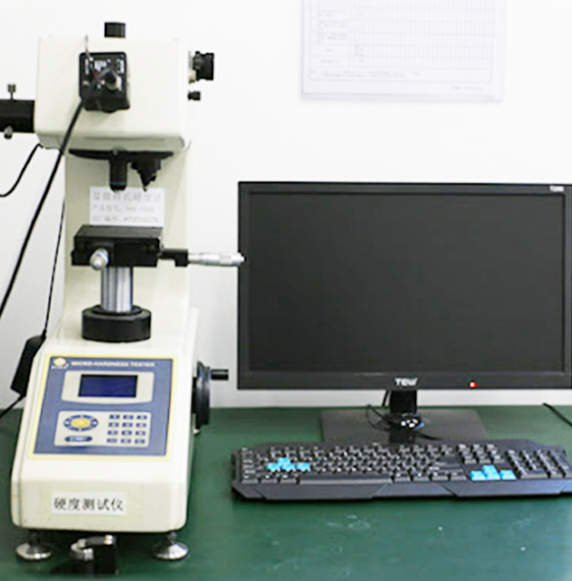
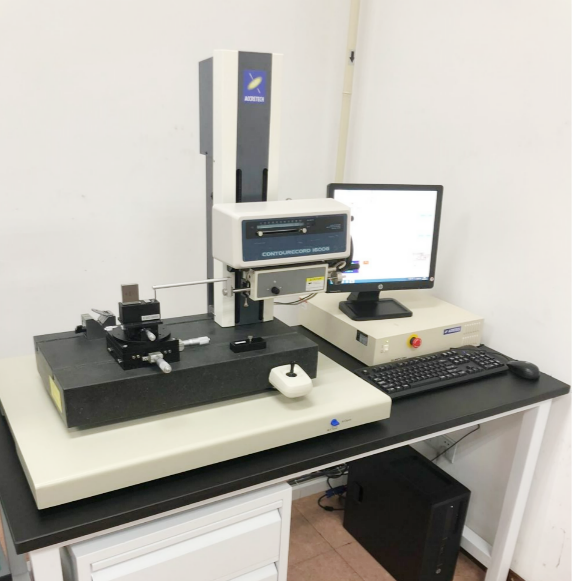
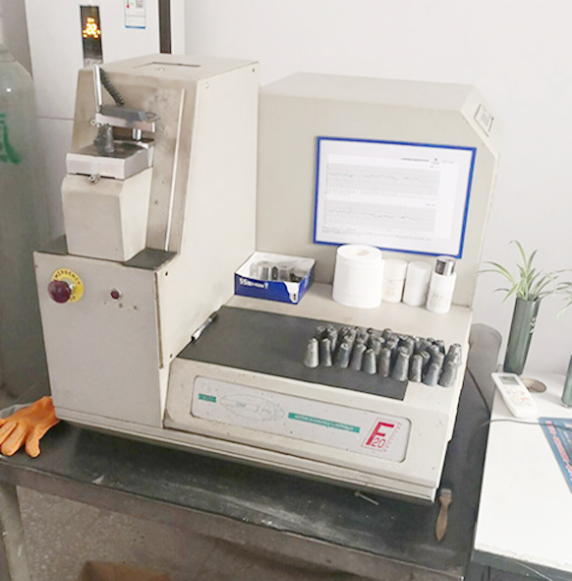
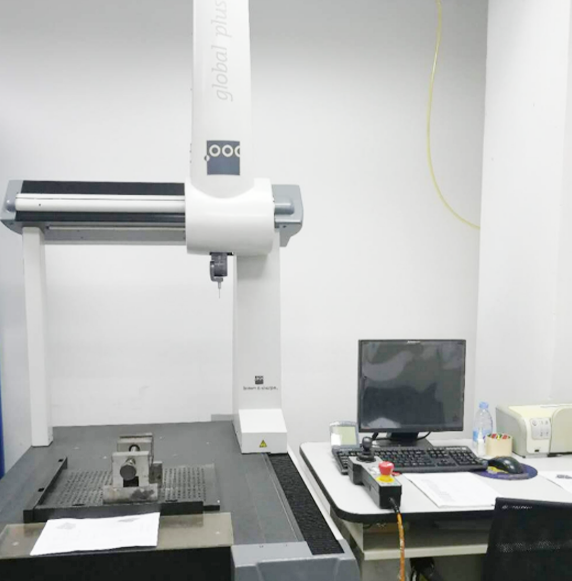
Vickers hardness instrument.
Profile measuring instrument.
Spectrograph instrument.
Three coordinate instrument.
Shipment Picture




Production Process
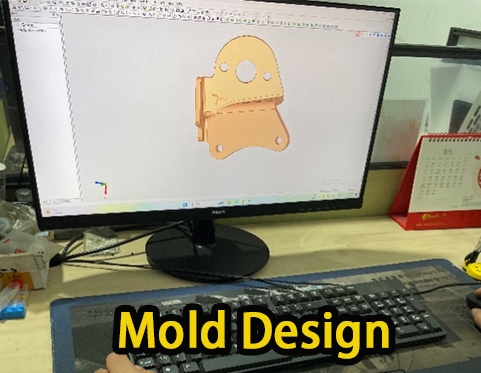
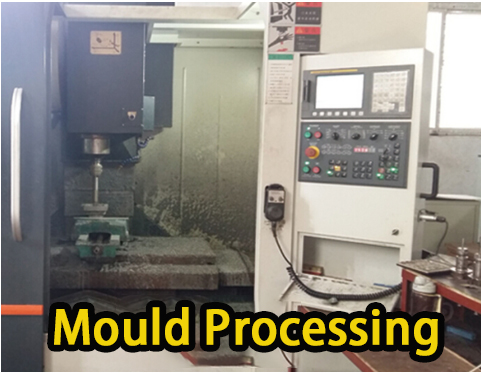
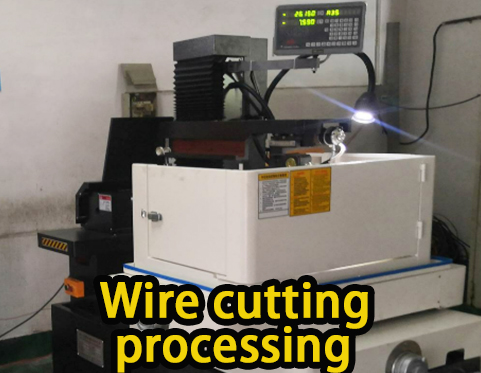
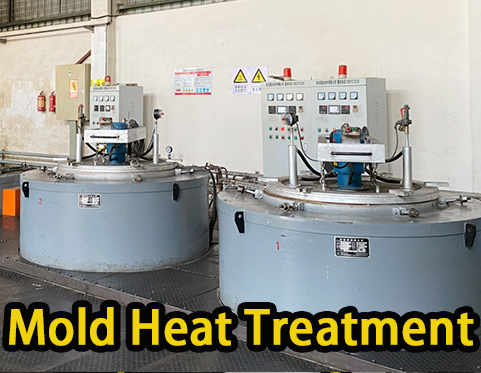
01. Mold design
02. Mould Processing
03. Wire cutting processing
04. Mold heat treatment
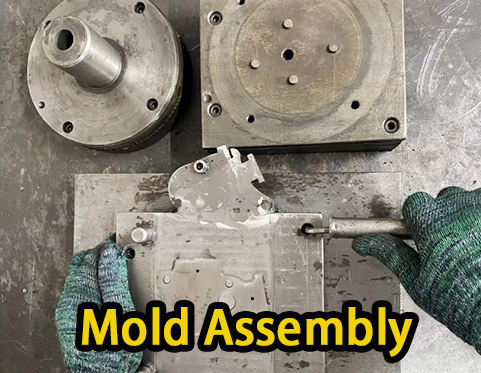
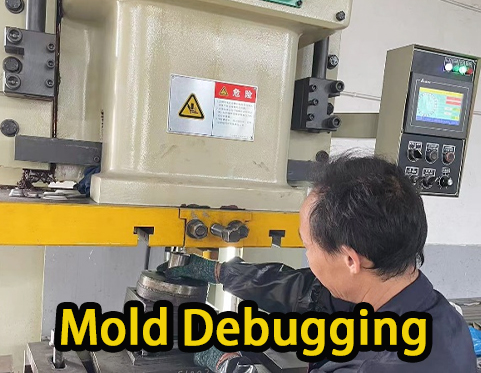
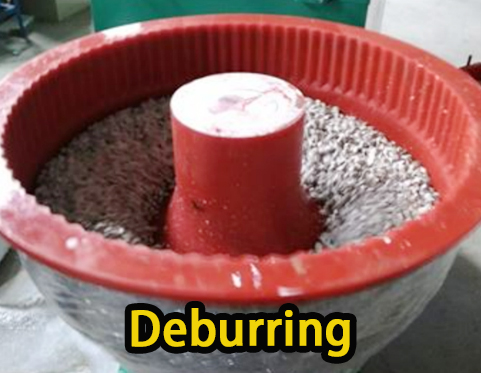
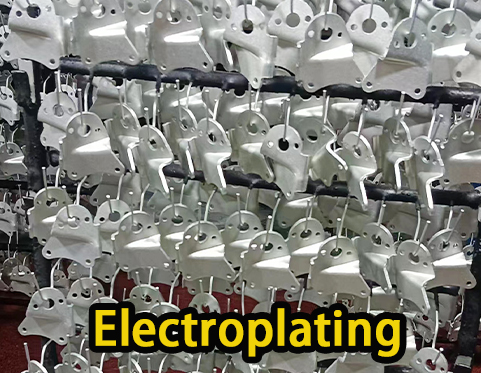
05. Mold assembly
06. Mold debugging
07. Deburring
08. electroplating

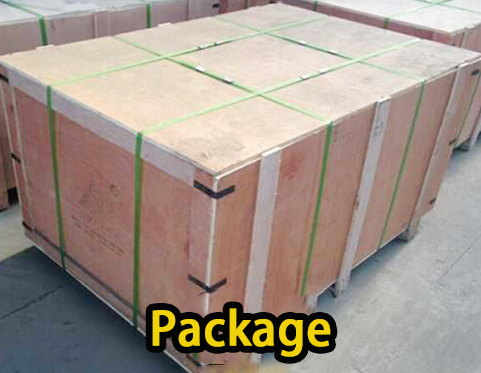
09. Product Testing
10. Package
Metal Stamping Production Volumes
Xinzhe offers a wide variety of production volumes for sheet metal stamping, including:
Low Volume Production
Low volume production is any amount up to 100,000 units. Most stamping projects are at least 1000 units to ensure cost-effectiveness for the customer. Customers use smaller metal stamping orders to bridge the development of a product between prototypes and mass manufacturing and to see how well a product will do on the market. Low volume production also helps if a buyer is looking for customized products. Xinzhe offers low per-unit costs, even for small volumes.
Medium Volume Production
Medium volumes of production are between 100,000 and 1 million units. This amount of metal stamping production offers the flexibility of low-volume orders while enabling a lower price per part. It will also offer lower up-front costs for tooling.
High Volume Production
High volume production includes orders of over 1 million parts. While metal stamping is very scalable, it’s an incredibly cost-effective manufacturing process for high volumes, as this drives down unit costs stemming from the price of creating custom tooling.
Short Run Stamping
Short-run stamping is a low-volume production run with limited tool revisions. With short runs, overall costs will be less since you won’t need to change processes or equipment as much. Very short runs will have no changing factors, enabling the lowest price. These production capabilities are best for parts requiring less flexibility, low volume, or entering a new market.
Long Run Stamping
Long-run stamping is a more involved production run in which all factors are variable, allowing for greater flexibility over time as the production line is tuned and optimized for scale. Long-run stamping will incur more costs as each process, material, or machine part may be changed and tested. However, these changes provide consistent quality, low per-unit costs, and incredible throughput of up to hundreds of parts a minute.
Types of stamping
We offer single and multistage, progressive die, deep draw, fourslide, and other stamping methods to ensure the most effective method for manufacturing your products. Xinzhe’s experts can match your project with the appropriate stamping by reviewing your uploaded 3D model and technical drawings.
- Progressive Die Stamping uses multiple dies and steps to create deeper parts than would typically be achievable through single dies. It also enables multiple geometries per part as they go through various dies. This technique is best suited to high volume and large parts such as those in the automotive industry. Transfer die stamping is a similar process, except progressive die stamping involves a workpiece attached to a metal strip pulled through the entire process. Transfer die stamping removes the workpiece and moves it along a conveyor.
- Deep Draw Stamping creates stampings with deep cavities, like enclosed rectangles. This process creates rigid pieces since the extreme deformation of the metal compresses its structure into a more crystalline form. Standard draw stamping, which involves shallower dies used to shape the metal, is also commonly utilized.
- Fourslide Stamping shapes parts from four axes instead of from one direction. This method is used to manufacture small intricate parts including electronics components such as phone battery connectors. Offering more design flexibility, lower production costs, and faster manufacturing times, fourslide stamping is popular in aerospace, medical, automotive, and electronics industries.
- Hydroforming is an evolution of stamping. Sheets are placed on a die with a bottom shape, while the upper shape is a bladder of oil that fills to high pressure, pressing the metal into the shape of the lower die. Multiple parts can be hydroformed simultaneously. Hydroforming is a quick and accurate technique, though it requires a trim die to cut the parts out of the sheet afterward.
- Blanking cuts pieces out from the sheet as an initial step before forming. Fineblanking, a variation of blanking, makes precise cuts with smooth edges and a flat surface.
- Coining is another type of blanking that creates small round workpieces. Since it involves significant force to form a small piece, it hardens the metal and removes burrs and rough edges.
- Punching is the opposite of blanking; it involves removing material from the workpiece instead of removing material to create a workpiece.
- Embossing creates a three-dimensional design in the metal, either raised above the surface or through a series of depressions.
Bending happens on a single axis and is often used to create profiles in U, V, or L shapes. This technique is accomplished by clamping one side and bending the other over a die or pressing the metal into or against a die. Flanging is bending for tabs or parts of a workpiece instead of the whole part.


